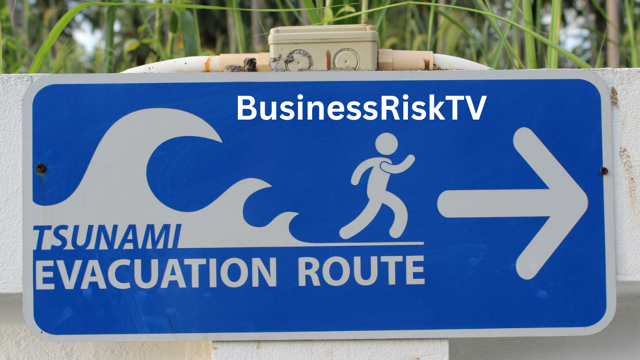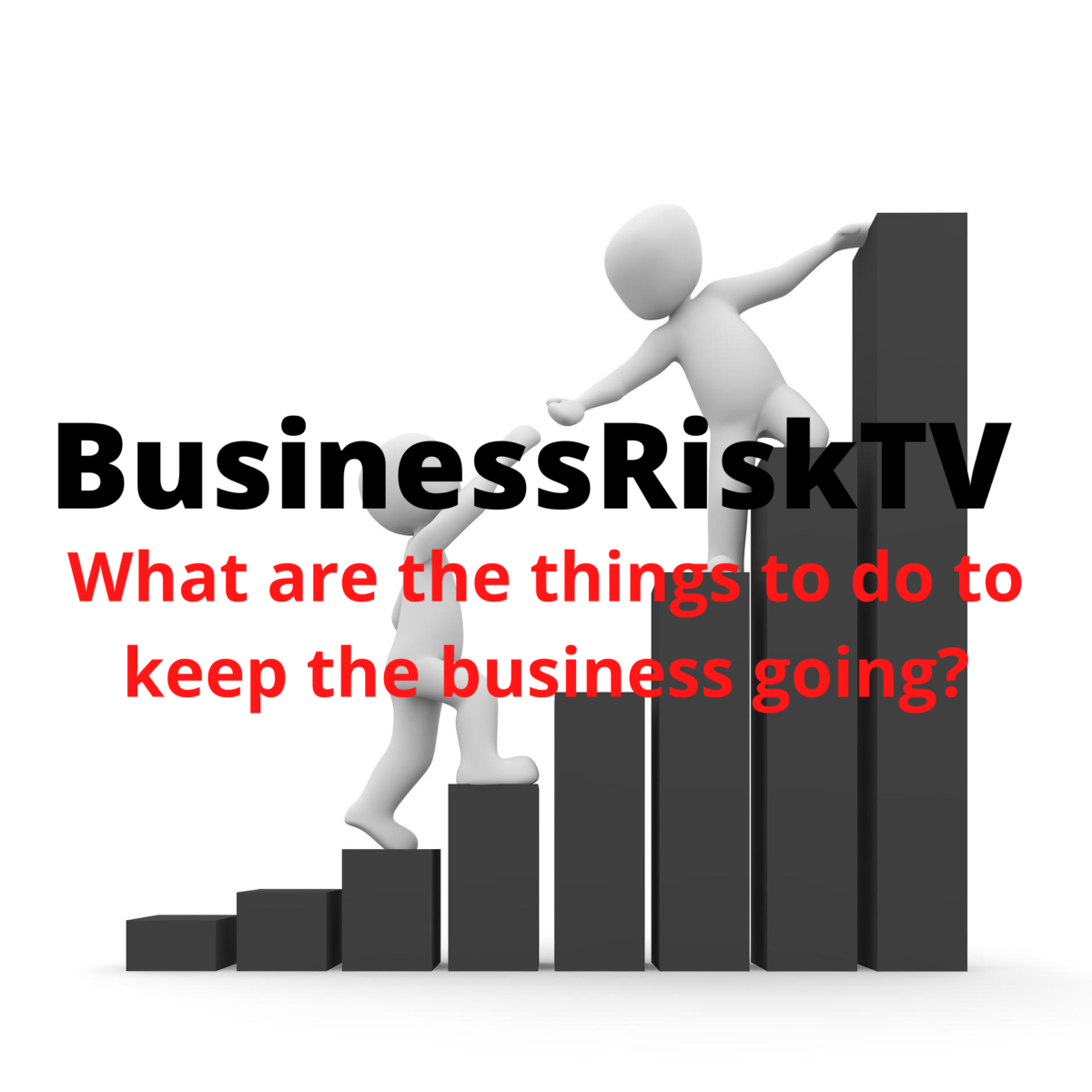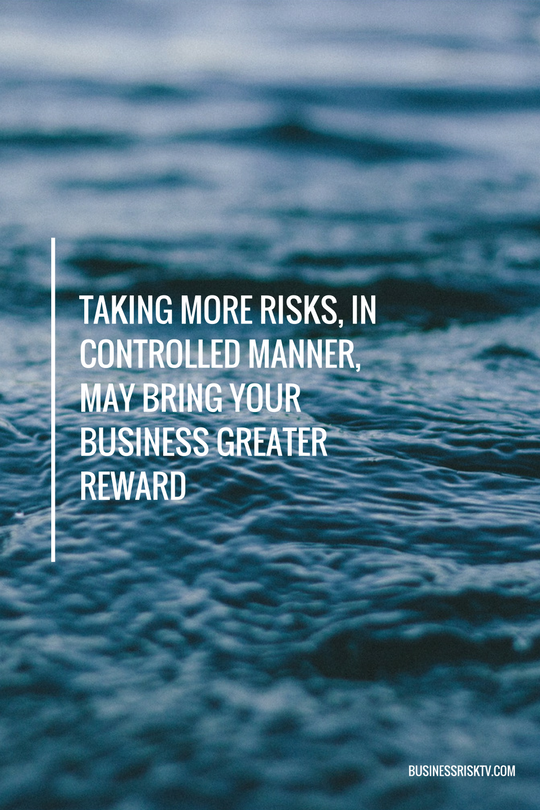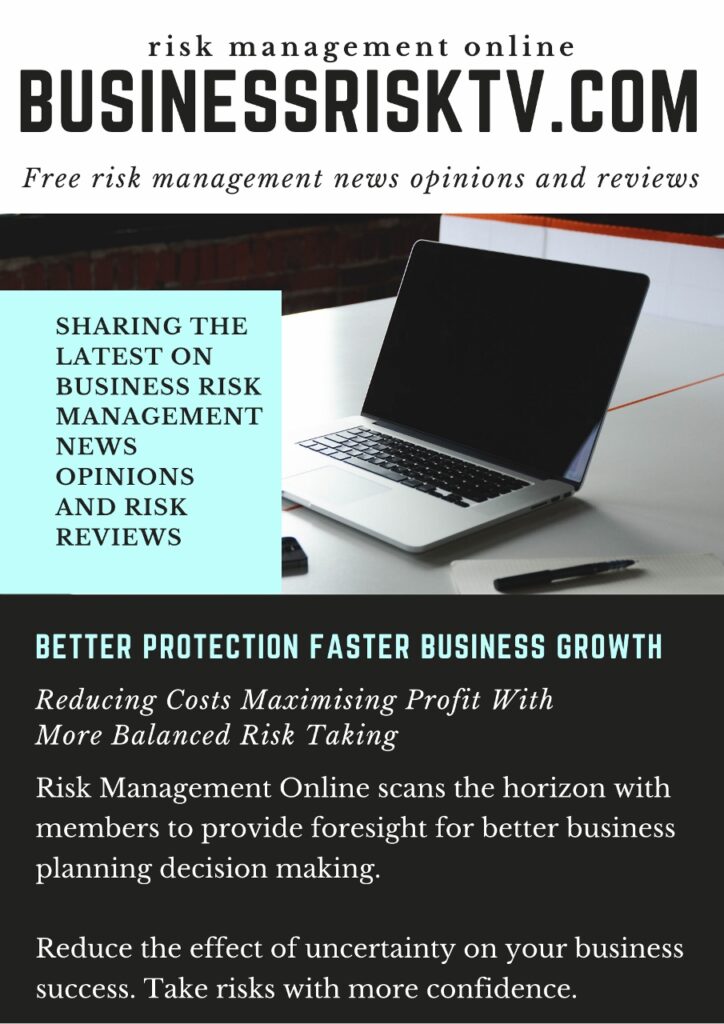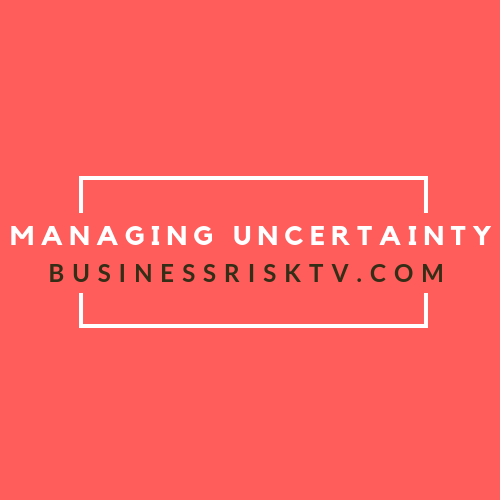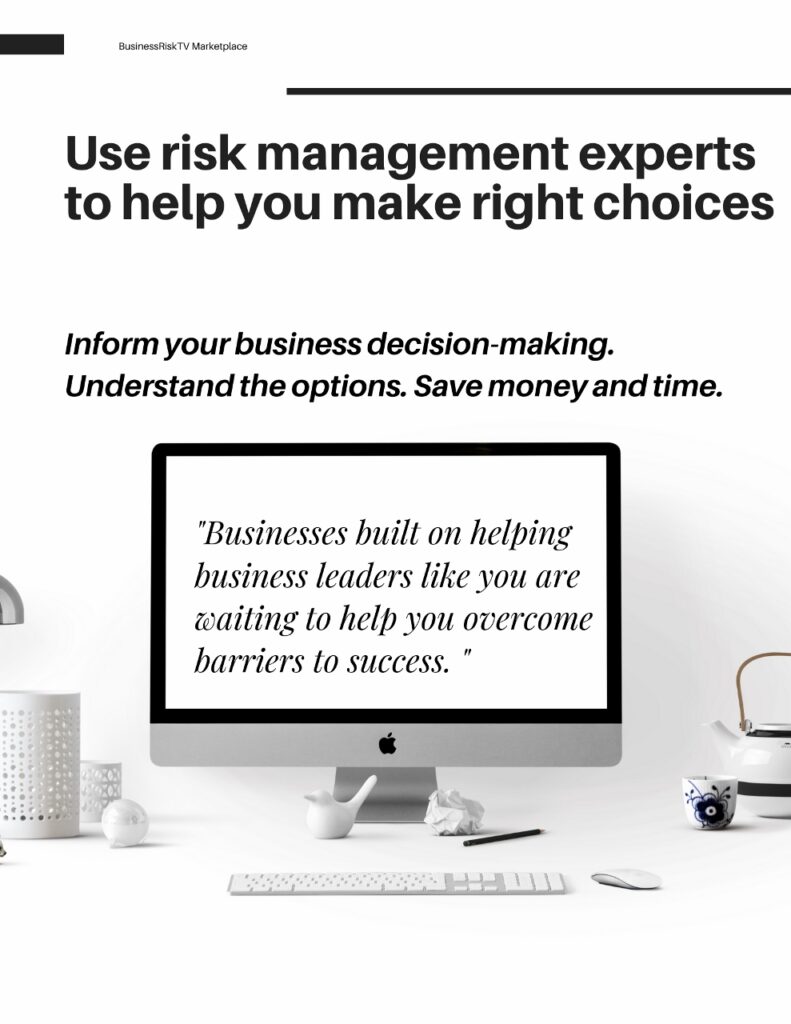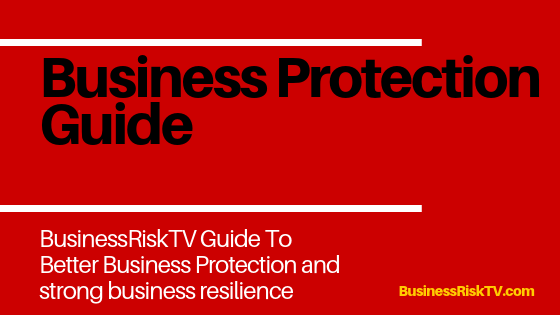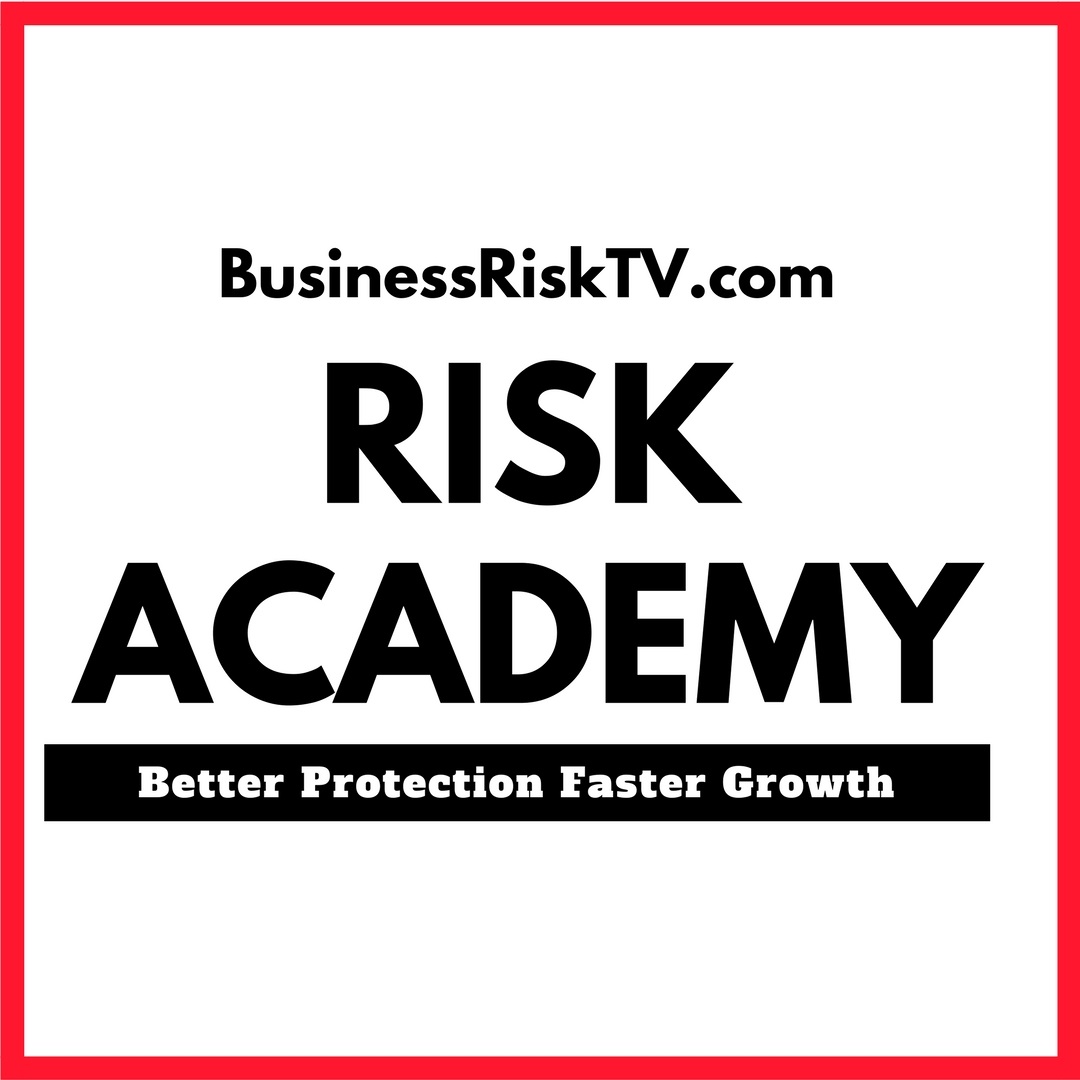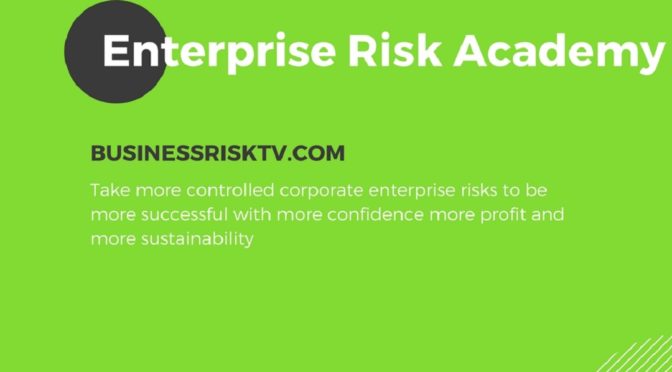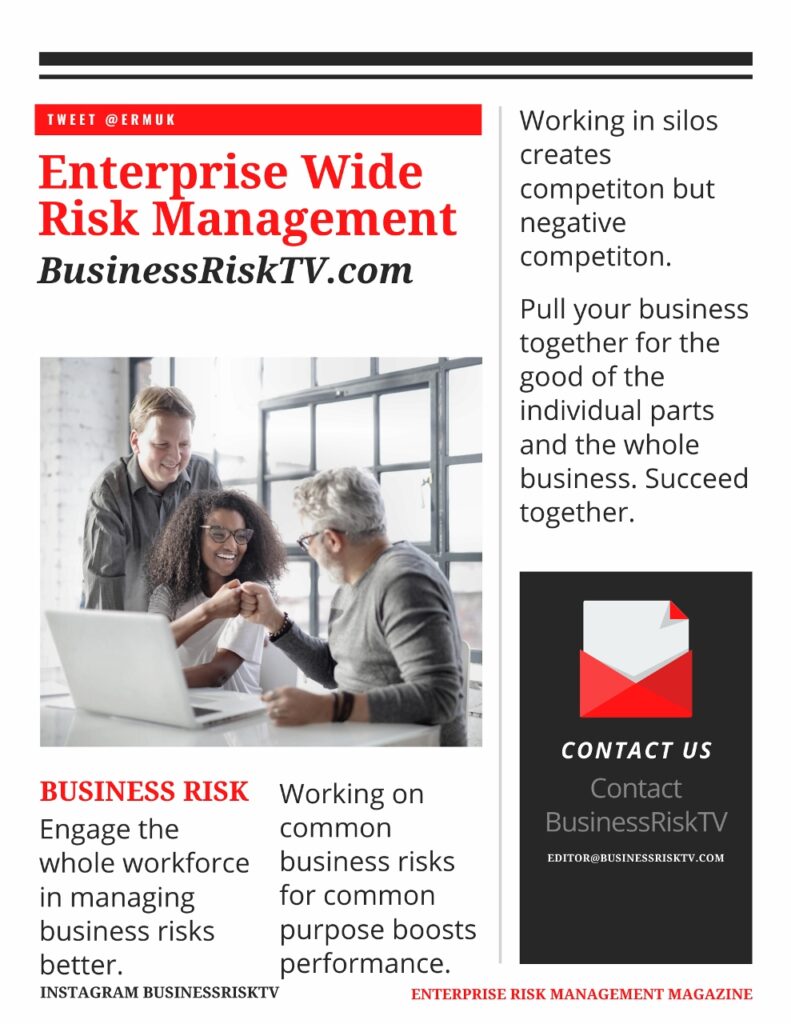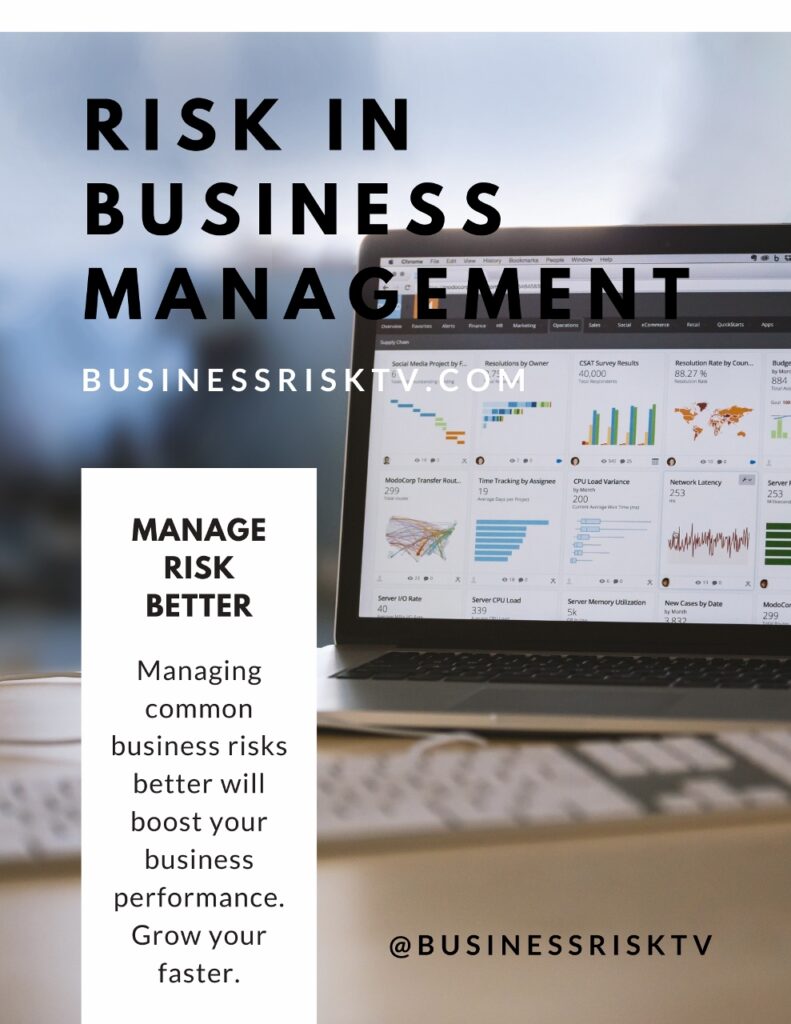Subscribe to our newsletter on business risks management
Starting a business is a bold venture that requires careful consideration of the risks involved. Whether you are an aspiring entrepreneur or a small business owner looking to grow, understanding the potential risks is crucial. In this post, we will explore the risks associated with forming and running a business. We will delve into the three biggest risks faced by small businesses and discuss what you should avoid to achieve success. So, let’s explore the question: Is it riskier to stick with what you have or make progress towards a better business?
What is the Biggest Risk in Forming a Business?
Forming a business comes with its fair share of risks, and identifying the biggest risk can help you make informed decisions. One significant risk is the uncertainty of the market demand for your product or service. Without proper market research and analysis, you may find yourself investing time and resources into a business that lacks consumer interest. Conducting thorough market research, understanding your target audience, and assessing the demand for your offering can help mitigate this risk.
Another critical risk is financial instability. Starting a business often requires significant upfront investments, and without proper financial planning, you may face cash flow issues. It’s crucial to create a realistic budget, secure sufficient funding, and closely monitor your expenses to avoid running into financial trouble.
Legal and regulatory risks also pose a significant challenge for businesses. Failure to comply with laws and regulations relevant to your industry can lead to legal repercussions and damage your reputation. It’s essential to stay updated on legal requirements, obtain necessary licenses and permits, and establish compliant business practices to mitigate this risk.
What do You Think are the Risks Associated with Putting up a Business?
Putting up a business involves a myriad of risks that require careful consideration. One of the primary risks is competition. Regardless of the industry, competition is inevitable. Failing to identify and understand your competition can hinder your business’s growth. Conduct a competitor analysis, differentiate your offerings, and develop a unique value proposition to stand out from the crowd.
Another risk is operational inefficiency. Inadequate processes, poor resource allocation, and lack of effective management can result in wasted time, money, and effort. It’s crucial to streamline your operations, invest in technology and automation, and empower your team with the necessary tools and training.
Financial mismanagement is yet another risk that can cripple a business. Inadequate financial planning, overspending, and ineffective pricing strategies can lead to cash flow issues, debt accumulation, and even bankruptcy. Developing sound financial management practices, seeking professional advice, and regularly reviewing your financial performance are essential to mitigate this risk.
What do You Think the 3 Biggest Risks are for Small Businesses?
Small businesses face specific risks that can significantly impact their success. Firstly, limited resources pose a considerable challenge. Small businesses often operate with tight budgets, limited manpower, and fewer marketing opportunities. The lack of resources can impede growth and hinder your ability to compete effectively. Careful resource allocation, strategic partnerships, and innovative marketing strategies can help overcome this challenge.
Secondly, market volatility can be a significant risk for small businesses. Economic downturns, changing consumer trends, and disruptive technologies can quickly disrupt small businesses. To mitigate this risk, staying informed about industry trends, diversifying your offerings, and adapting your business model to the changing landscape is crucial.
Lastly, inadequate scalability can be a risk for small businesses with ambitions to grow. Scaling up operations without proper planning and infrastructure can lead to operational inefficiencies, compromised quality, and overwhelmed staff. It’s important to develop a scalable business model, invest in technology, and build a strong foundation that can support growth.
What Should I Avoid to be Successful in Business?
To achieve success in business, it’s crucial to avoid certain pitfalls and mistakes. Here are some key points to consider:
- Lack of Planning: Failing to create a comprehensive business plan can be detrimental to your success. A well-thought-out plan serves as a roadmap, outlining your goals, strategies, target market, and financial projections. It helps you stay focused, make informed decisions, and adapt to changes effectively.
- Poor Financial Management: Neglecting financial management can lead to severe consequences. It’s important to establish sound financial practices, including budgeting, tracking expenses, managing cash flow, and staying on top of tax obligations. Seeking professional advice from accountants or financial advisors can provide valuable insights and ensure your financial stability.
- Ignoring Market Research: Conducting market research is vital for understanding your target audience, identifying their needs, and evaluating your competition. Skipping this step can result in launching products or services that don’t align with market demand, wasting resources and time. Invest in market research to make informed decisions and develop strategies that resonate with your customers.
- Lack of Adaptability: In today’s rapidly changing business landscape, adaptability is crucial for survival. Failing to embrace new technologies, consumer trends, or industry shifts can leave you behind. Stay agile and open-minded, constantly seeking opportunities for innovation and improvement. Embrace change as a chance to grow and evolve.
- Poor Customer Service: Neglecting customer satisfaction can be detrimental to your business. Your customers are the lifeblood of your company, and their positive experiences are essential for building a loyal customer base. Focus on providing exceptional customer service, promptly addressing their concerns, and continuously improving their overall experience.
- Ineffective Marketing: Even if you offer a great product or service, without effective marketing, your business may go unnoticed. Develop a strong marketing strategy that utilises various channels such as social media, content marketing, SEO, and advertising to reach your target audience. Tailor your messaging to resonate with your customers and consistently monitor and adjust your marketing efforts for optimal results.
In the world of business, there are inherent risks associated with both sticking with what you have and pursuing progress. However, it is often riskier to remain stagnant, as it can lead to missed opportunities and eventual decline. By understanding the risks involved in forming a business, putting up a business, and running a small business, you can take proactive steps to mitigate them. Additionally, by avoiding common pitfalls such as lack of planning, poor financial management, and ineffective marketing, you can increase your chances of success. Embrace adaptability, prioritise customer satisfaction, and invest in market research to stay ahead of the competition. Remember, progress and growth are essential for long-term success in business.
More business risk management articles videos and reviews
Is it riskier to stick with what you have or make progress towards a better business


